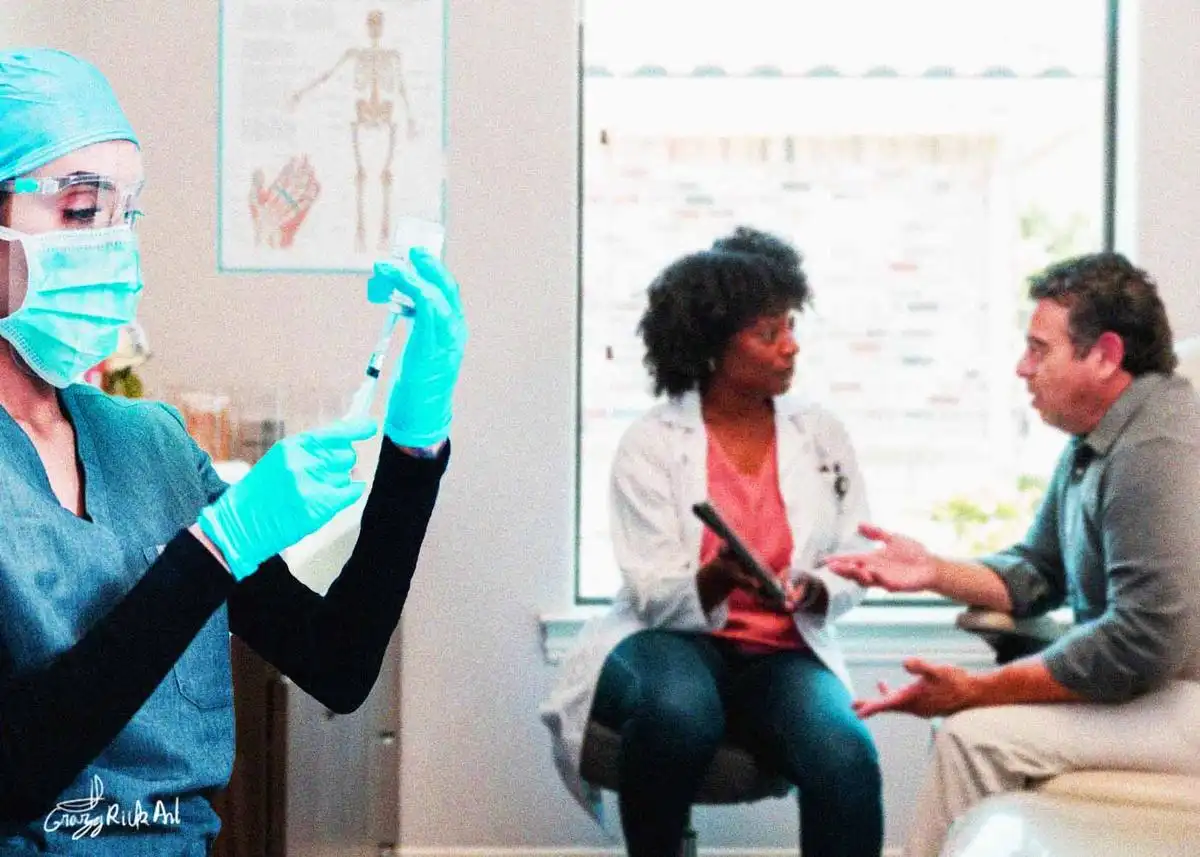COVID Booster Shot: Should You Roll Up Your Sleeve Again?
The alarm rings as France reports 920 new cases of COVID-19, accompanied by the emergence of the Iris variant within its borders
- Alice Monroe
- May 13, 2025
- 0 Comments
- 2339 Views
This variant, previously detected in Israel, Denmark, and the United States, has now reached our shores, sparking considerable concern. Simultaneously, a new variant, Pirola, is on the horizon, adding further complexity to the situation. While the World Health Organization (WHO) doesn't currently categorize these variants as highly alarming, they have been under scrutiny since Friday, August 18th. As questions abound, one looms large: Is a vaccine booster necessary to combat this new threat? If so, when and how should this crucial decision be made? These pressing questions weigh heavily on the minds of numerous individuals, all seeking desperately needed answers.
I. What is the latest news about the vaccine?
As the world continues to navigate the relentless waves of the pandemic, the latest updates on the vaccine front are ever-evolving. Recently, the European Union greenlit a new vaccine developed by Pfizer-BioNTech, a development that has ignited a flurry of questions and discussions worldwide. Meanwhile, healthcare experts debate the necessity of a booster shot to fortify our immunity. This article will closely examine these recent developments, shedding light on the implications and choices that lie before us. Join us as we explore the intricate landscape of COVID-19 vaccines, helping you make informed decisions in these complex and rapidly changing circumstances.
II. The Latest Developments: A New Vaccine Takes Center Stage
Health authorities have given the green light to a new COVID-19 vaccine developed by Pfizer-BioNTech. This vaccine is specially designed to produce further doses, emphasizing the need to stay proactive in the face of the virus's constant evolution. Researchers and experts suggest that a single dose could adequately protect against COVID-19. This new approach brings crucial hope in our fight against the pandemic.
III. Do We Need a Covid Shot?
According to the WHO, the exact duration of protection against COVID-19 is yet to be determined. However, available data indicates that strong security is generally maintained for at least six months against severe forms of the disease and associated deaths. Professor Bruno Lina, virologist and health risk vigilance committee member, warns. However, protection begins a few days after vaccination and will only be fully effective after about fifteen days. If vaccination starts simultaneously with the flu shot on October 17, complete protection won't be in place until early November. Faced with the potential significant circulation of the virus, protection beginning in November would be too late.
Despite this new vaccine, the question of a booster shot persists. Health experts emphasize the importance of maintaining robust immunity, especially in light of the emergence of new variants. The duration of immunity after the initial vaccination remains at the heart of debates.
In the face of this complex and ever-changing landscape, the decision to get vaccinated and consider a booster becomes a delicate choice. Scientific data, expert advice, and careful assessment of individual situations are crucial for making informed choices. As the world fights to control the pandemic, staying informed and making evidence-based decisions are our best weapons.

 | Unlock Success with Our Guide
| Unlock Success with Our Guide



0 Comments